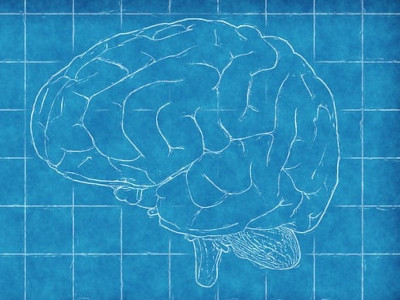Have you ever had the impression of having already lived a moment or seen an image? Well, if the answer is yes, you probably had déjà vu. This strange sensation may cause discomfort, but it is not dangerous, and as you’ll see, it’s much more common than you can expect.
In the last few years, this sensation has been studied a lot, and finally, scientists had one result that showed how the Déjà vu is an anomaly in the functioning of the brain, in particular the zone of m the brain that includes all the areas that operate with the remembering of things.
But how exactly does déjà vu work?
The déjà vu is when suddenly we have an “intrusion” of a past memory that causes a detachment from reality, and the result is the sensation of being in a dream or of living a mysterious or supernatural experience. Fortunately, a normal déjà vu lasts only a few seconds, and after that, we can return to the activities that we were doing before without any problems.
If we want to talk in a scientific way, we can say that déjà vu is caused by the “not normal” functioning of the frontal part and also the temporal cortex of our brain to the hippocampus. These parts are involved because the hippocampus is the part that works on the things that we already have; the frontal lobe; and the temporal cortex is the part of the brain that works on the space around us. Sometimes the connection between these zones is “anomaly,” and our brain makes us live déjà vu.
But we all know that by now, psychology is not an exact science, and we still have a lot to learn about our brain. In fact, the explanation that I gave before is only one of the most common theories that try to explain this mental process. Another important theory is the one created by Freud (the father of psychology). He thought that déjà vu is only our unconscious part of the brain that creates a vivid image of something we lived. So Freud thought that it was only a “nostalgia of the past”.
The last most accepted idea that tries to explain déjà vu was hypothesized by the German school of psychology Gelstat (really famous at the beginning of the last century) that sustains that a déjà vu is when an object causes a strong emotion that was already felt in the past, and our unconscious part relates these emotions with the result of having the impression of having already lived the present.
This sensation, as I already said, is very common; in fact, recent studies on a smaller part of the population showed that it affects about 60 percent of the population. So you can clearly see that more than half of the earth’s population lived at least once a déjà vu, so it’s in human nature, and you don’t have to be scared about it.

Sources
https://en.wikipedia.org/wiki/D%C3%A9j%C3%A0_vu
